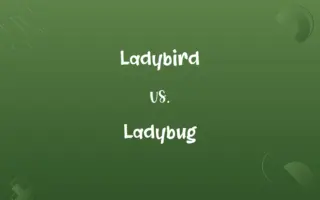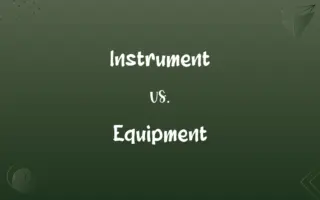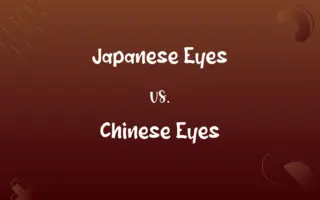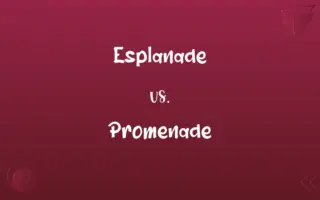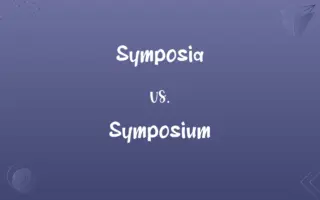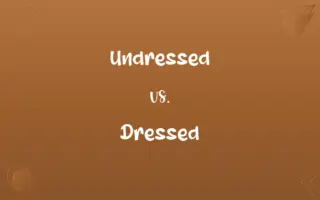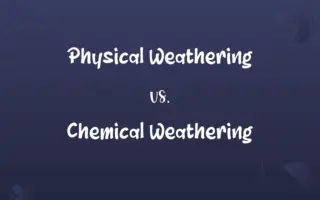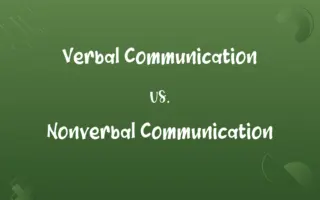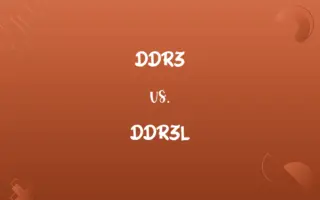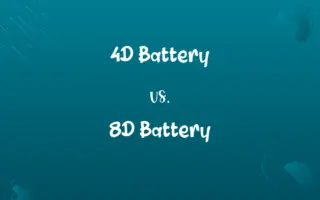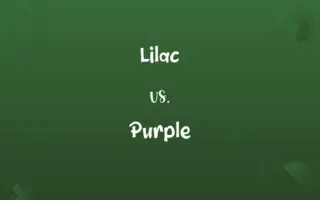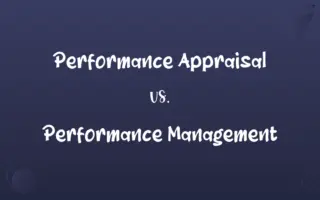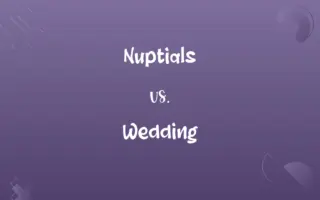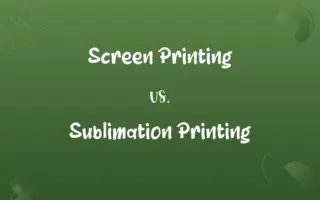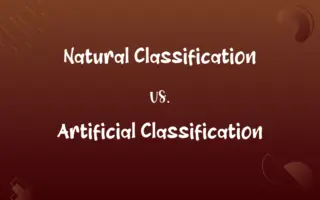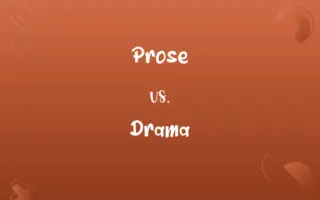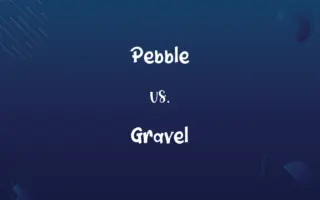Shall vs. Shall be: Know the Difference

By Shumaila Saeed || Published on February 14, 2024
"Shall" is a modal verb used to indicate future action or a strong intention, while "shall be" is its future tense form, often implying a sense of obligation or inevitability.
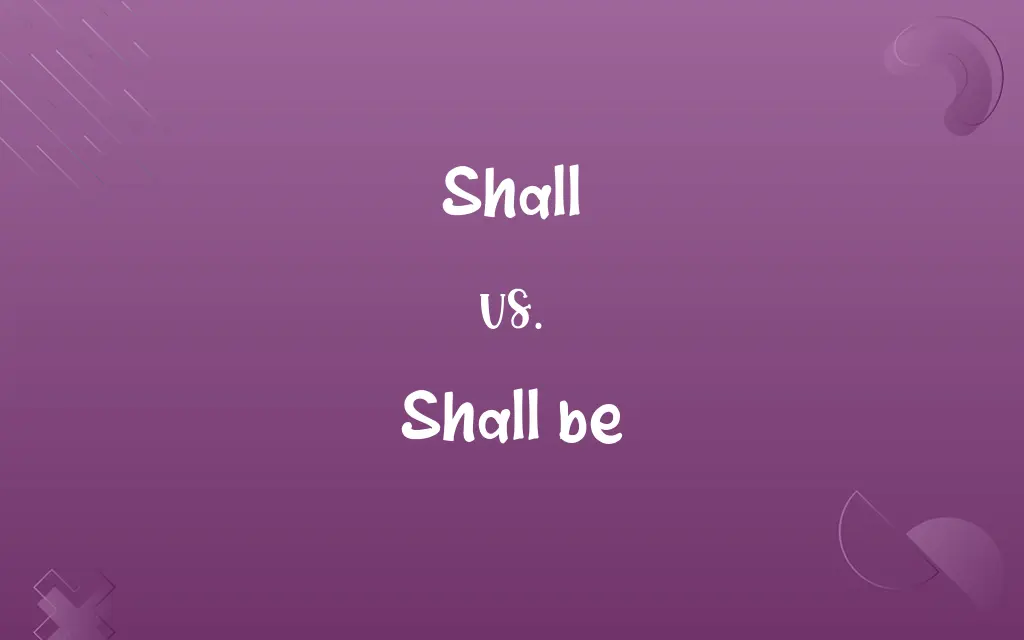
Key Differences
"Shall" is used as a modal verb in English, primarily to express future actions or intentions. It suggests a certain level of determination or obligation in the speaker's intent. For instance, saying "I shall go" conveys a strong commitment to the action of going. In contrast, "shall be" is the future tense form of "shall," used to denote a future state or condition. It often carries an implication of inevitability or a requirement, as in "You shall be rewarded," suggesting that the reward is certain to happen.
Shumaila Saeed
Feb 14, 2024
In questions, "shall" is used to offer or seek suggestions, especially in formal contexts. For example, asking "Shall we begin?" is a polite and formal way of suggesting the start of an activity. On the other hand, "shall be" in questions, like "Shall you be attending?" inquires about future states or decisions, focusing more on the eventual outcome or status.
Shumaila Saeed
Feb 14, 2024
In legal or formal documents, "shall" is frequently used to express mandatory actions or requirements. It has a commanding tone, as in "The tenant shall pay rent monthly." In comparison, "shall be" is used to assert future conditions that are required or expected to occur, often found in legal contexts, such as "The agreement shall be signed by both parties."
Shumaila Saeed
Feb 14, 2024
"Shall" also appears in conditional sentences to express a future possibility, like "If you shall decide to join us, let us know." This usage highlights a future action contingent on a condition. "Shall be," however, is used to indicate a future state that is dependent on a condition, as in "If you are successful, you shall be promoted," where the promotion is presented as a future certainty conditional on success.
Shumaila Saeed
Feb 14, 2024
In British English, "shall" is often used interchangeably with "will" for simple future tense, especially in the first person. For example, "I shall return" and "I will return" are largely equivalent. Conversely, "shall be" is used for emphasizing a more formal or definitive future state, as in "The ceremony shall be held at noon," which conveys a formal and fixed arrangement.
Shumaila Saeed
Feb 14, 2024
ADVERTISEMENT
Comparison Chart
Primary Use
Modal verb for future action/intention.
Future tense form, implying obligation.
Shumaila Saeed
Feb 14, 2024
In Questions
Suggests or seeks suggestions.
Inquires about future states/decisions.
Shumaila Saeed
Feb 14, 2024
In Formal Documents
Expresses mandatory actions.
Asserts required future conditions.
Shumaila Saeed
Feb 14, 2024
Conditional Sentences
Indicates future possibility.
Indicates a definite future state.
Shumaila Saeed
Feb 14, 2024
British English Usage
Interchangeable with "will."
Emphasizes a formal or definitive state.
Shumaila Saeed
Feb 14, 2024
ADVERTISEMENT
Shall and Shall be Definitions
Shall
Indicates a future action or decision.
I shall attend the meeting tomorrow.
Shumaila Saeed
Jan 17, 2024
Shall be
Used to express inevitability or requirement.
All assignments shall be submitted by Friday.
Shumaila Saeed
Jan 17, 2024
Shall
Used in formal or legal contexts to indicate obligation.
The company shall deliver the goods on time.
Shumaila Saeed
Jan 17, 2024
Shall be
Inquires about future decisions or statuses in questions.
Shall you be joining us for dinner?
Shumaila Saeed
Jan 17, 2024
Shall
Expresses determination or strong intention.
We shall overcome these challenges.
Shumaila Saeed
Jan 17, 2024
ADVERTISEMENT
Shall be
Used in conditional sentences to indicate a definite future outcome.
If elected, I shall be honored to serve.
Shumaila Saeed
Jan 17, 2024
Shall
Used in conditional sentences for future possibilities.
If you shall need assistance, don’t hesitate to ask.
Shumaila Saeed
Jan 17, 2024
Shall be
Indicates a definite future state or condition.
The event shall be held next week.
Shumaila Saeed
Jan 17, 2024
Shall
Used before a verb to indicate the simple future tense in the first person singular or plural.
I shall sing in the choir tomorrow.
I hope that we shall win the game.
Shumaila Saeed
Jan 17, 2024
Shall be
Appears in legal contexts for mandatory future conditions.
The contract shall be reviewed annually.
Shumaila Saeed
Jan 17, 2024
Shall
Used similarly to indicate determination or obligation in the second and third persons singular or plural.
(determination): You shall go to the ball!
(obligation): Citizens shall provide proof of identity.
Shumaila Saeed
Jan 17, 2024
Shall
Used in questions with the first person singular or plural to suggest a possible future action.
Shall I help you with that?
Shall we go out later?
Let us examine that, shall we?
Shumaila Saeed
Jan 17, 2024
Shall
Offers or seeks suggestions in questions.
Shall we proceed with the plan?
Shumaila Saeed
Jan 17, 2024
Repeatedly Asked Queries
Is "shall be" often used in legal documents?
Yes, "shall be" is frequently used in legal contexts to indicate mandatory future conditions.
Shumaila Saeed
Feb 14, 2024
Can "shall" and "will" be used interchangeably?
In many contexts, especially in British English, "shall" and "will" can be interchangeable.
Shumaila Saeed
Feb 14, 2024
What does "shall be" imply in a sentence?
"Shall be" implies a future state or condition that is obligatory or certain.
Shumaila Saeed
Feb 14, 2024
Does "shall" always indicate the future tense?
Primarily, "shall" is used to denote future actions or intentions.
Shumaila Saeed
Feb 14, 2024
Can "shall be" indicate a conditional future state?
Yes, "shall be" can be used in conditional sentences to indicate a definite future outcome.
Shumaila Saeed
Feb 14, 2024
Is "shall be" used for both singular and plural subjects?
Yes, "shall be" can be used with both singular and plural subjects.
Shumaila Saeed
Feb 14, 2024
Is "shall" commonly used in modern English?
"Shall" is less common in American English but still used in British English.
Shumaila Saeed
Feb 14, 2024
Can "shall be" be used in questions?
Yes, "shall be" can be used in questions about future states or decisions.
Shumaila Saeed
Feb 14, 2024
How is "shall" used in legal language?
In legal language, "shall" is used to express obligation or mandatory action.
Shumaila Saeed
Feb 14, 2024
What is a common use of "shall be" in contracts?
"Shall be" is commonly used in contracts to specify required future actions or conditions.
Shumaila Saeed
Feb 14, 2024
Does "shall" have different meanings based on context?
Yes, the meaning of "shall" can vary based on context, especially between suggestions and obligations.
Shumaila Saeed
Feb 14, 2024
Does "shall be" imply more formality than "will be"?
Generally, "shall be" is considered more formal than "will be."
Shumaila Saeed
Feb 14, 2024
Can "shall be" be used in informal settings?
"Shall be" is typically more formal and less common in informal settings.
Shumaila Saeed
Feb 14, 2024
Does "shall be" suggest a passive future state?
"Shall be" often suggests a passive, yet definite, future state or condition.
Shumaila Saeed
Feb 14, 2024
Is "shall" considered formal or informal?
"Shall" is generally considered more formal, especially in American English.
Shumaila Saeed
Feb 14, 2024
Does "shall be" carry a sense of certainty?
Yes, "shall be" often carries a sense of inevitability or firm requirement.
Shumaila Saeed
Feb 14, 2024
Is "shall" more common in British or American English?
"Shall" is more commonly used in British English.
Shumaila Saeed
Feb 14, 2024
Can "shall" be used to make offers or suggestions?
Yes, "shall" is often used in questions to offer or suggest future actions.
Shumaila Saeed
Feb 14, 2024
Is "shall" commonly used in everyday conversation?
In American English, "shall" is less common in everyday conversation.
Shumaila Saeed
Feb 14, 2024
How is "shall" used in conditional statements?
"Shall" is used in conditional statements to indicate a possible future action.
Shumaila Saeed
Feb 14, 2024
Share this page
Link for your blog / website
HTML
Link to share via messenger
About Author
Written by
Shumaila SaeedShumaila Saeed, an expert content creator with 6 years of experience, specializes in distilling complex topics into easily digestible comparisons, shining a light on the nuances that both inform and educate readers with clarity and accuracy.


